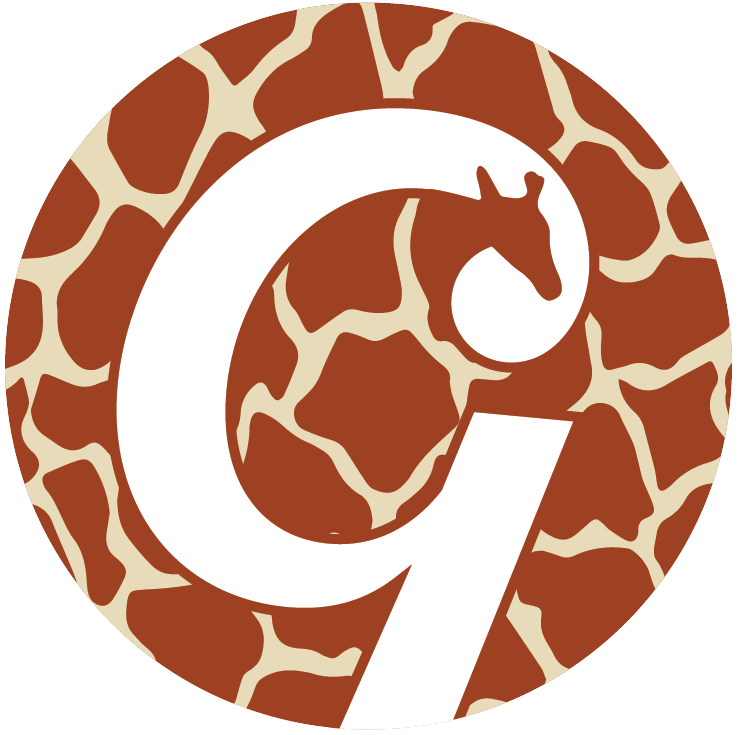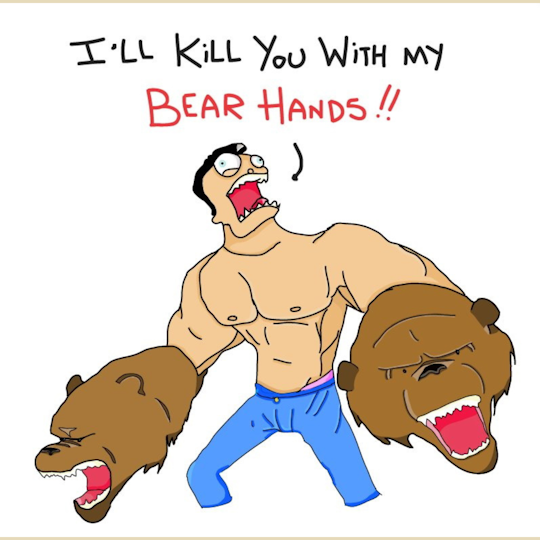Time for issue three! In this edition, we’re going to look at five commonly confused words and look at making them easier to distinguish. Yes, these words may sound the same, but don’t be fooled by mixing them up!
Contents
Bare and Bear
Bare: This really only has one meaning. Bare is an adjective and means uncovered, naked, exposed, or stripped in some way:
- The cupboards were bare
- Don’t go out with bare feet
- The pitch invader was completely bare.
Bear: This word has several uses. As a verb, it means to carry:
- The tree bears fruit
- The three wise men came bearing gifts
- The Second Amendment says you have the right to bear arms.
It can also mean to endure or tolerate:
- The intense heat was difficult to bear
- I couldn’t bear the noise any longer, so I called the police.
It can also be used when referring to direction. No doubt your GPS has said something like ‘Bear right after the intersection’.
You read that in your GPS voice didn’t you?
The past tense of bear is bore, e.g. Mary bore His child.
As a noun, bear relates to a large animal with brown fur and big paws, usually found in the forest and who has a tendency to steal picnic baskets, and…. You know what? Just look at the picture.

Now that you know the difference, consider the difference between certain countries’ right to bear arms…
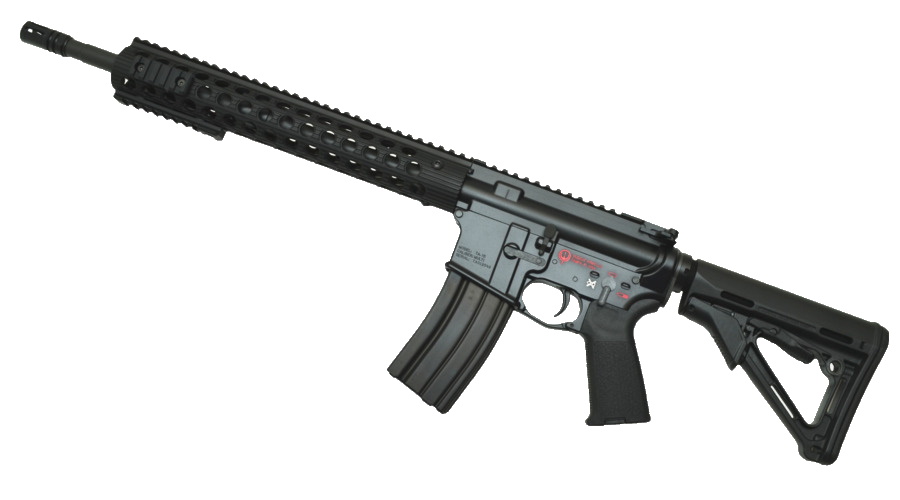
and in an Australian summer, we all have the right to bare arms:

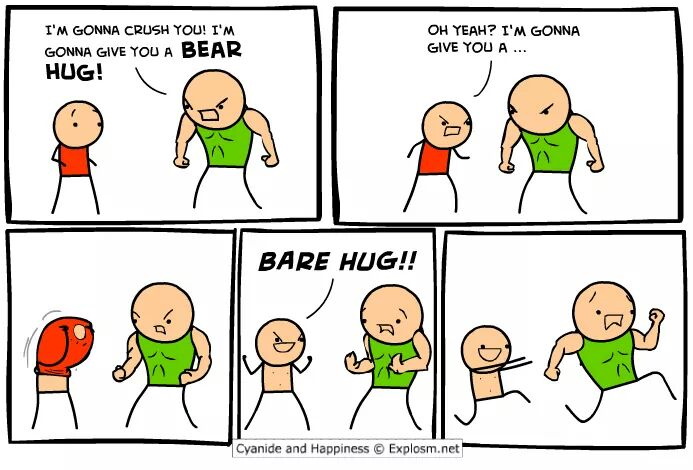
Let’s look at a few more phrases which use bear and bare:
Bear with me
How many times have you called a call centre and the consultant has said ‘just bear with me while…’? The phrase basically means ‘just be patient for a second’. Bear doesn’t really match any of my definitions above, so I can see why this one can get confused. I guess it kinda means ‘endure’ in this context… But anyway… Bear with me is the phrase, unless you’re asking someone to get naked with you… Then you may well say ‘Bare with me’. Bear with me could also work if you want someone to pretend to be a bear with you.
Bear in mind
Bear in mind means ‘keep in mind’. I guess the definition of bear in this phrase would be ‘to carry’. So you’re carrying something in your mind.
“Bear in mind that I’m away next Wednesday so you’ll have to run the meeting.”
What a nice way to avoid doing work.
Bare minimum
Doing the bare minimum means you’re doing just enough work to scrape though. If you’re writing an essay for school that needs to be a minimum of 1000 words and your essay is 1022 words, you’re pretty much doing the bare minimum there. If it’s 2000 on the other hand… What about if you’re involved in a project at work and you show up to all the meetings and nothing else, you’d be doing the bare minimum. If you write the meeting minutes for a few meetings and communicate to others, maybe run a project meeting at some stage, maybe even provide some feedback or float some new ideas around… You’d be going above and beyond.
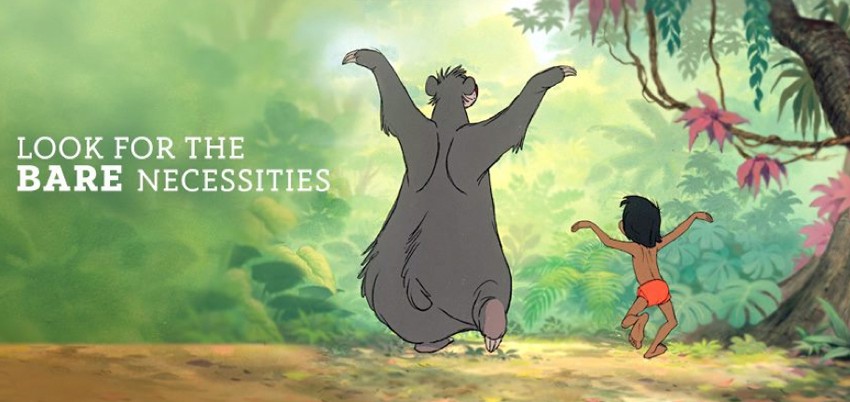
Dual and Duel
Once again, we see the pronunciation is the same with these two, however, they’re not the same word! Let’s take a look.
Dual: This refers to something that has two parts, e.g. dual citizenship. If/when you learn to drive a car and take professional lessons, the car will most likely have dual controls, which means the instructor can also control the pedals. Once you pass your driving test, you might want to celebrate by buying yourself a sporty car; one with dual exhausts.
Dual comes from the Latin word duo, meaning two.
Duel: This is a noun and refers to a combat between two people/parties. Maybe someone at school has challenged you to a duel? No? Well, the word is not too common nowadays. Think of medieval times and jousting.
In short, since duel isn’t really widely used, the word you most likely mean is dual. Does what you’re talking about relate to two parts, or some sort of joust or sword fight? Probably the first one I’d say.
A common phrase which is often gotten wrong is Duel Fuel. We now know that it should be Dual Fuel, and refers to something having two types of fuel, e.g. petrol and gas.

Board and Bored
Board has a few uses. As a noun, it refers to a piece of wood, or a sign that you see at restaurants and cafes. When the waiter gives you your menu, they may tell you to check the specials board.
A board can also be a group of powerful members in a club, e.g. a board of directors; A chairman of the board.
Lastly as a noun, board is an amount of money paid for food and lodgings. If you have overseas homestay students living with you, they pay you board.
As a verb, it means to embark a vehicle or vessel. Where do you have to rush to when catching a flight? The boarding gate! Because that’s where you board the plane. But you can also board a cruise ship. Get on board!
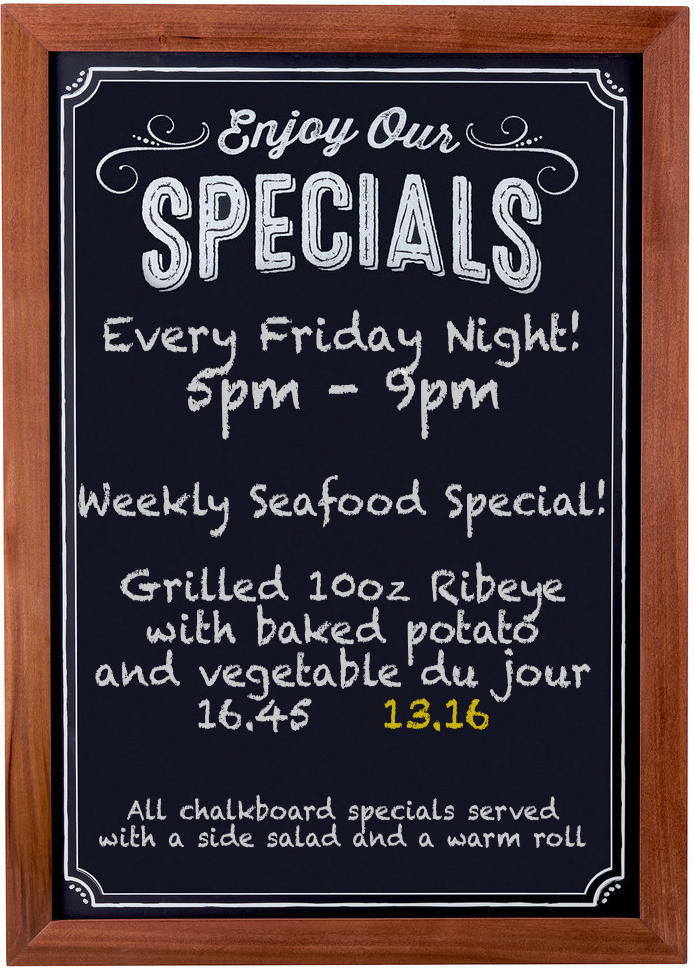
Bored only has one meaning and that is a lack of interest. Maybe you’re at home with nothing to do. You’re bored. Maybe you’ve been at your job for a few years and not really progressing in the company. What happens? You get bored with your life and look for change. Not Board, but Bored.
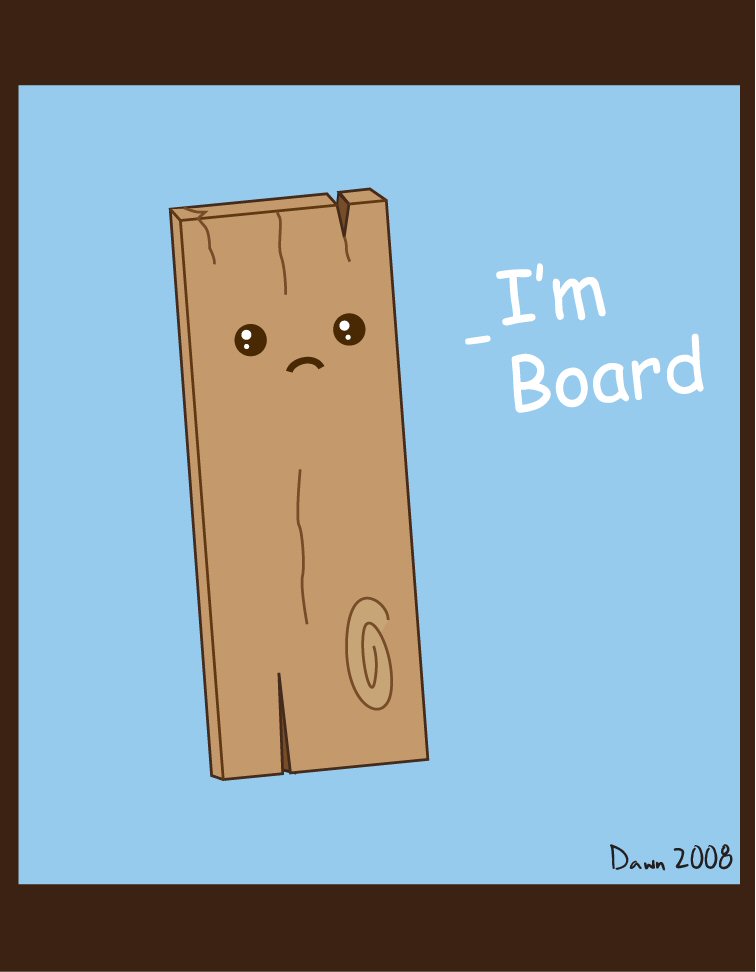
Boarder and Border
We mentioned above that board is money paid for food and accommodation. Therefore if you pay board, you are a boarder. This could be at someone’s house, e.g. a homestay student, or at a boarding school.
You could also refer to someone who engages in such activities as skateboarding or snowboarding as a boarder. Kiteboarding? Can you include that too? I guess so.
A border on the other hand, is a line which separates things. For example, Wodonga is on this side of the state border between Victoria and New South Wales, but Albury is on the other. Countries have borders. Think about the Mexico-United States border. A border can also be a frame around something e.g. the border of an image or advertisement.
Fun Fact: The highly intelligent dog breed Border Collie was named as such because it was developed in the Scottish borders. Border Collie, not Boarder Collie.

In the example to the right, it is fairly obvious that we are selling a border (a frame around an advertisement), as opposed to a boarder (someone who pays you to live with you).

Allowed and Aloud
You probably wouldn’t use allowed instead of aloud, but, I have seen some cases where aloud has been used instead of allowed. Let’s see what they both mean and try and think of a hack.
Allowed is the past tense of the verb to allow which means to permit or give permission, e.g. No alcohol allowed beyond this point.
Aloud means out loud. I’m confident at school you would have had to choose a book and then read it aloud to your teacher. I know I did.

And that’s that. Are you referring to permission, or speaking out loud? As mentioned before, allowed is certainly the more frequently used word, however, I have still devised a good hack for this one. Can you replace allowed with permitted? If you can, then allowed is correct. If not, well then you must mean aloud. Let’s give it a shot:
- Simba was not permitted to go to the dark, shadowy place.
That makes sense, so I guess you could say Simba was not allowed.
- The choir was singing permitted.
Pretty sure that makes zero sense, so I guess the choir was singing aloud.
